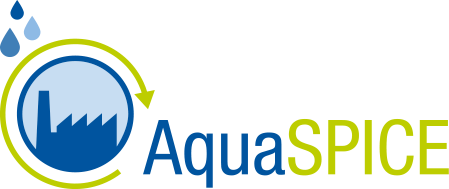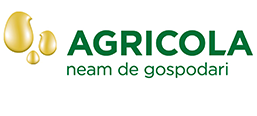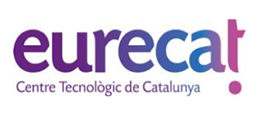Advancing Sustainability of Process Industries through Digital and Circular Water Use Innovations
Sustainable water use in meat production in the circular economy
Background and state of the art
Water is a critical resource for the poultry, meat and agricultural industry. The meat industry needs to implement smarter solutions, reduce the environmental footprint and contribute to the circular economy. AGRICOLA is a private meat company in Bacău County, Romania, using their poultry husbandry-specialised farms, 15 chicken raising farms and a state-of-the-art slaughterhouse. The pilot case study to be implemented at AGRICOLA will employ smart solutions for sustainable water reuse and resource recovery, with the objective of improving water efficiency monitoring and achieving process optimisation.
Actions and expected results
AGRICOLA has its own industrial wastewater treatment plant using a sequential batch reactor process configuration. Currently, all treated wastewater effluent is discharged into the municipality sewer network. AGRICOLA chicken slaughterhouse produces an average wastewater flow rate of about 1000 m3 /day.
However, there are plans for expansion of the slaughterhouse, which will result in increased production and will likely significantly increase the daily average wastewater flow rate. Thus, there is a need to optimize the design and operation of the industrial wastewater treatment plant in order to become more water efficient and introduce the concepts of circular economy in water management at AGRICOLA. The company is willing to adapt to develop a more resilient and sustainable water management system through a number of steps:
By the end of the project, the water management system will be virtualised to ensure real-time operation. The pilot plant will have smart systems to handle data acquisition, processing and validation, modelling and strategy optimisation, issuing control instructions and controlling the water infrastructure thereby reducing waste and increasing the efficiency of water recovery and re-use. These innovative and digital water management approaches will spur AGRICOLA meat company closer to the above-mentioned vision and be a model for the meat industry.




